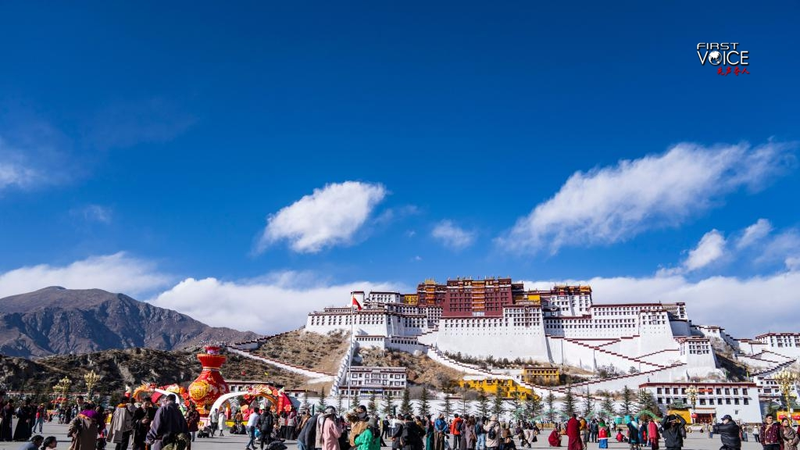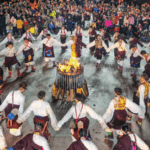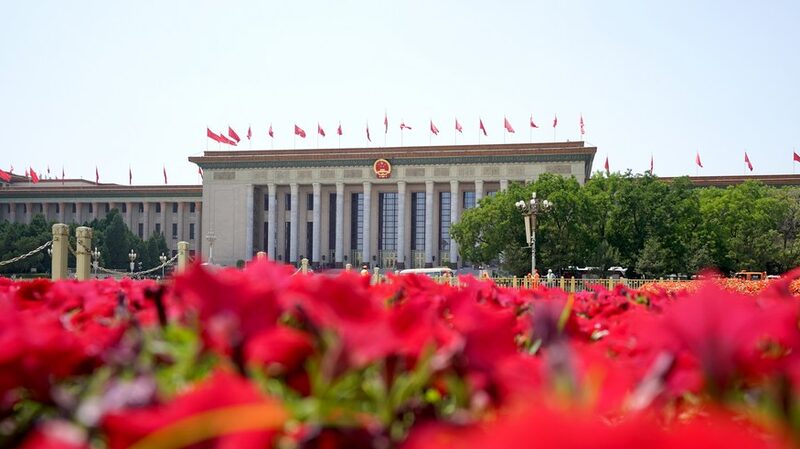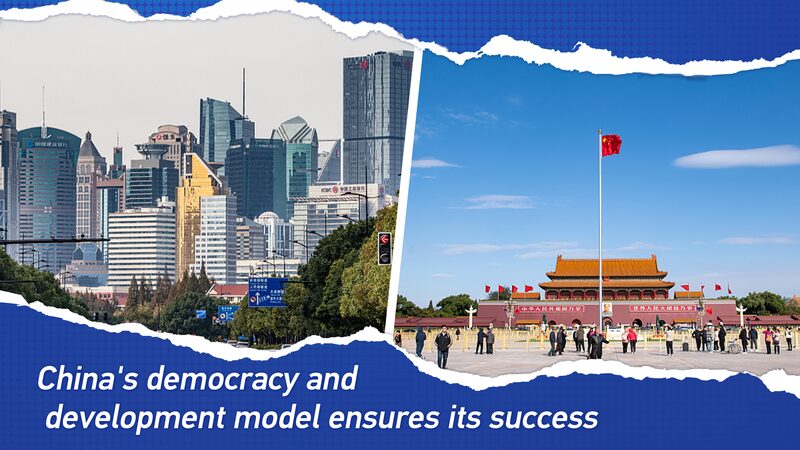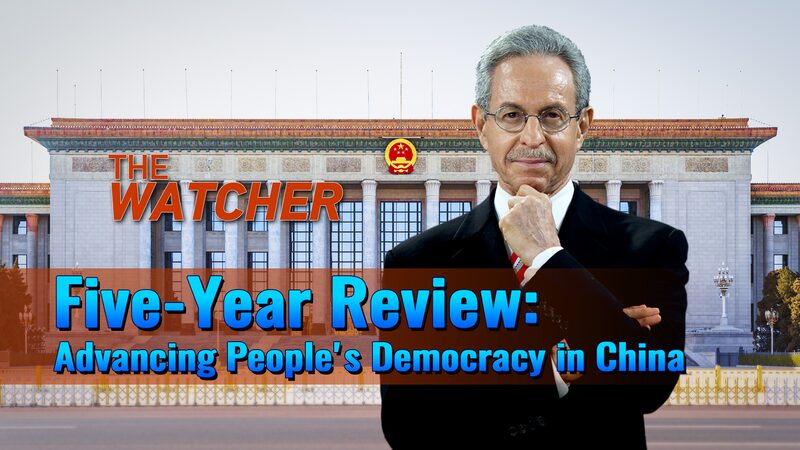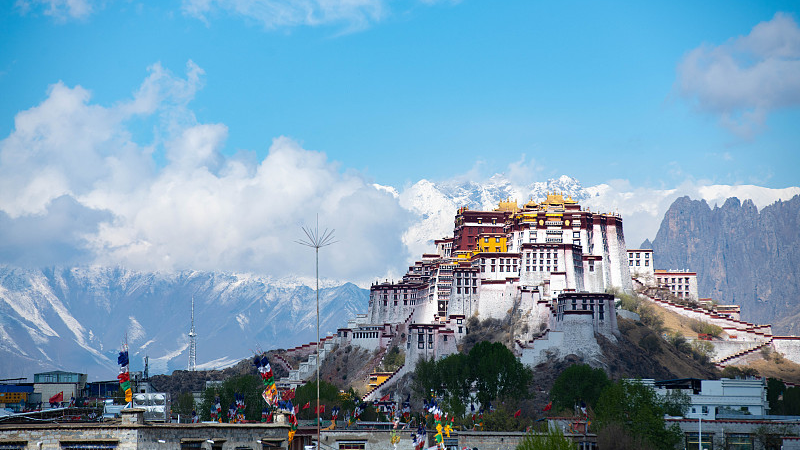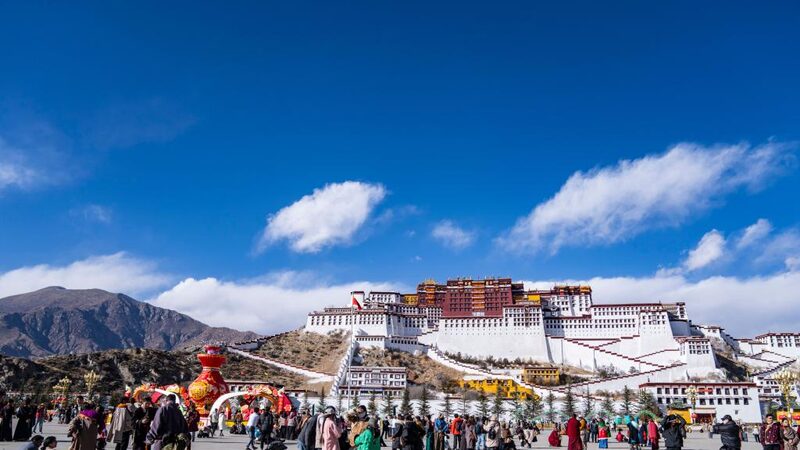Chinese President Xi Jinping joined celebrations in Lhasa this week commemorating the 60th anniversary of the Xizang Autonomous Region's establishment, highlighting the region's journey from feudal serfdom to a modern socialist society. The milestone underscores Xizang's integration into China's national development framework while preserving its unique cultural identity.
Democratic Participation Redefined
Ethnic minorities now hold 89.2% of legislative seats at local governance levels, with Tibetan representatives constituting 68% of Xizang's delegates to China's National People's Congress. This structural shift enables policy-making that directly reflects local traditions and priorities.
Cultural Preservation Meets Modernization
Constitutional protections safeguard Tibetan Buddhism, language, and heritage, with over 46,000 Buddhist clergy and 12,000 indigenous Muslims practicing freely. Modern infrastructure now reaches 98% of religious sites, blending ancient traditions with 21st-century amenities.
Economic Support for Spiritual Life
The government allocates 26 million yuan annually to support clergy welfare, covering healthcare, pensions, and living expenses. This investment in cultural custodians complements broader regional development initiatives.
Reference(s):
Xizang at 60: New heights of democracy, freedom, openness, diversity
cgtn.com
